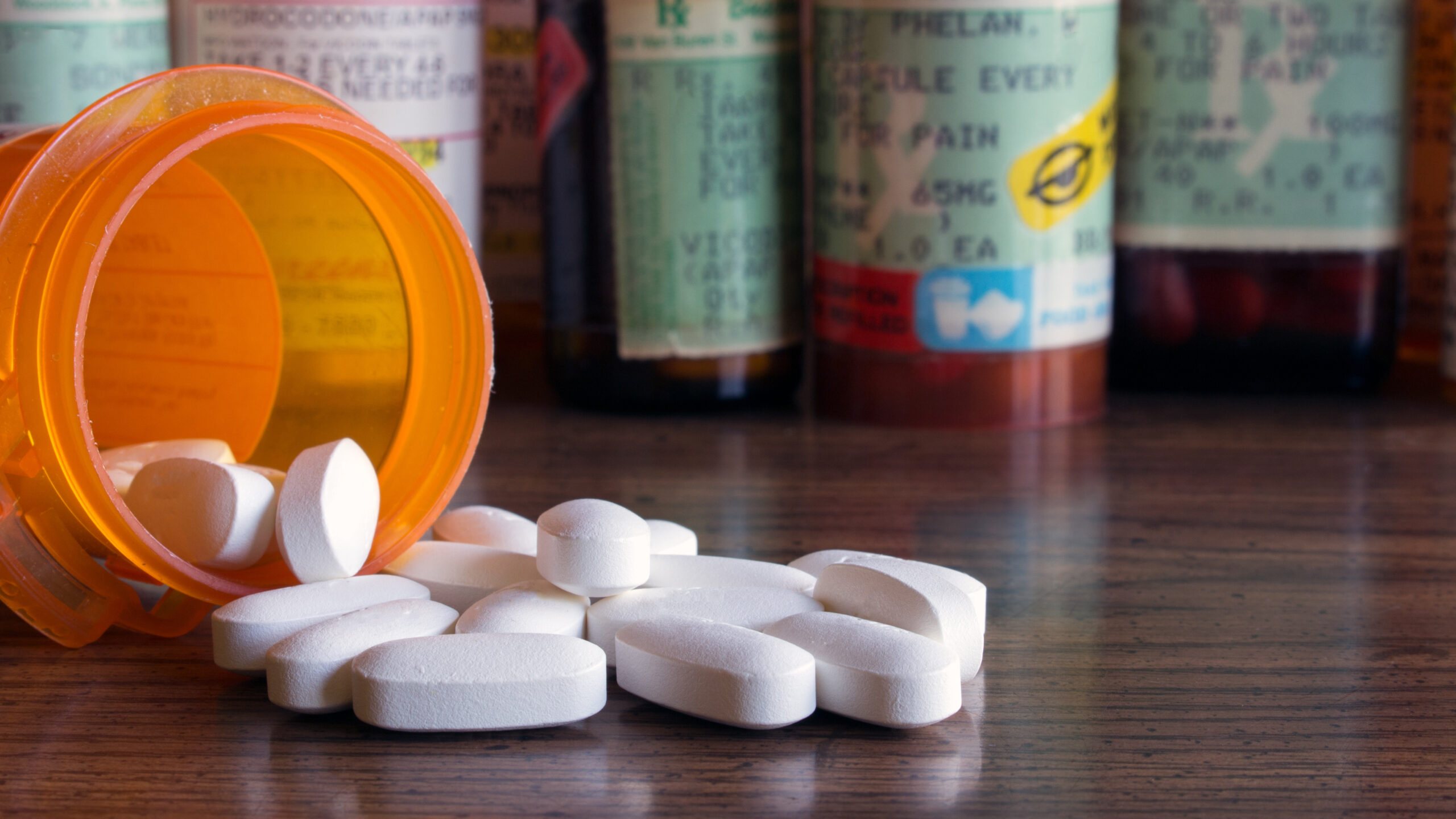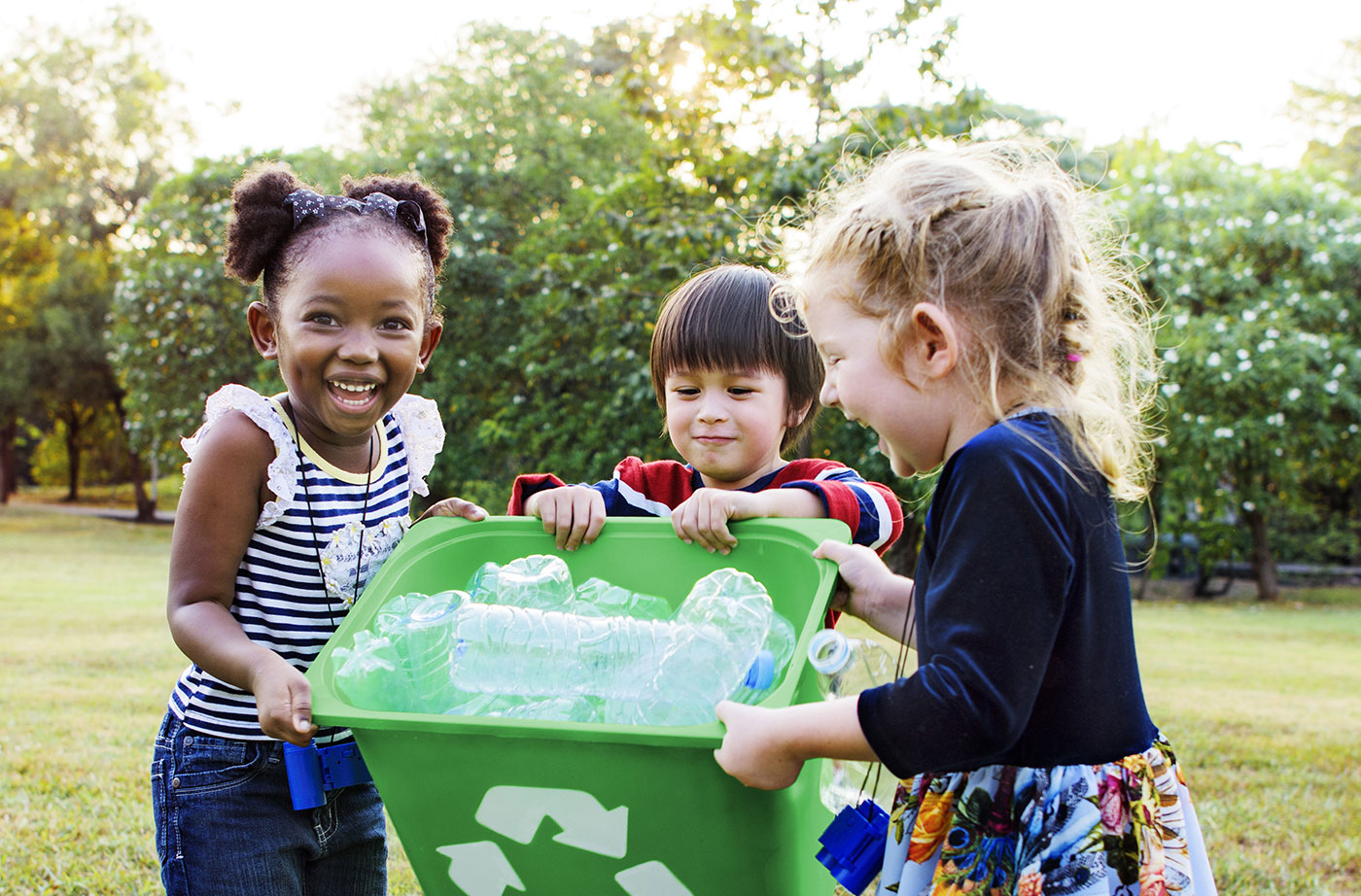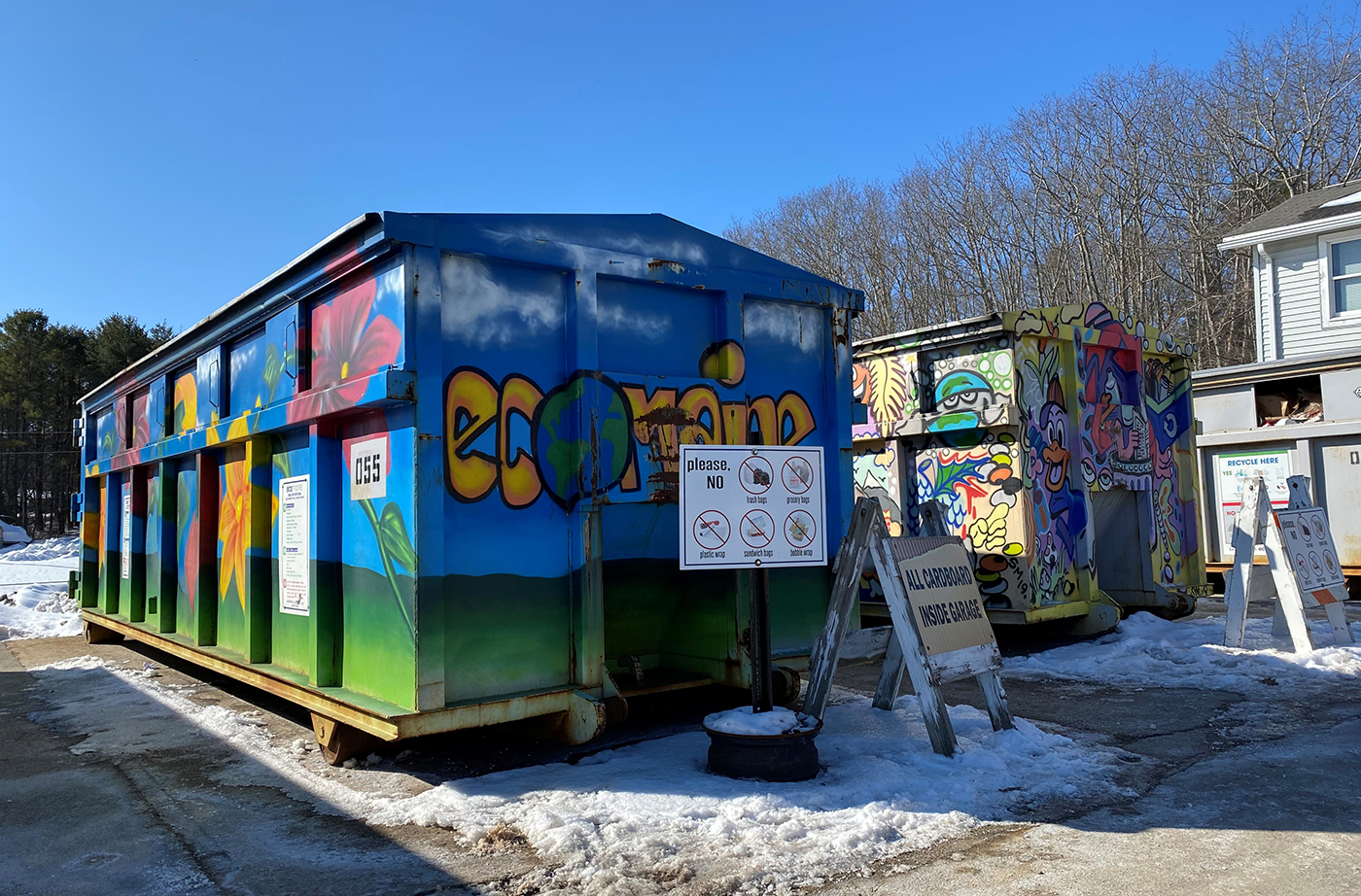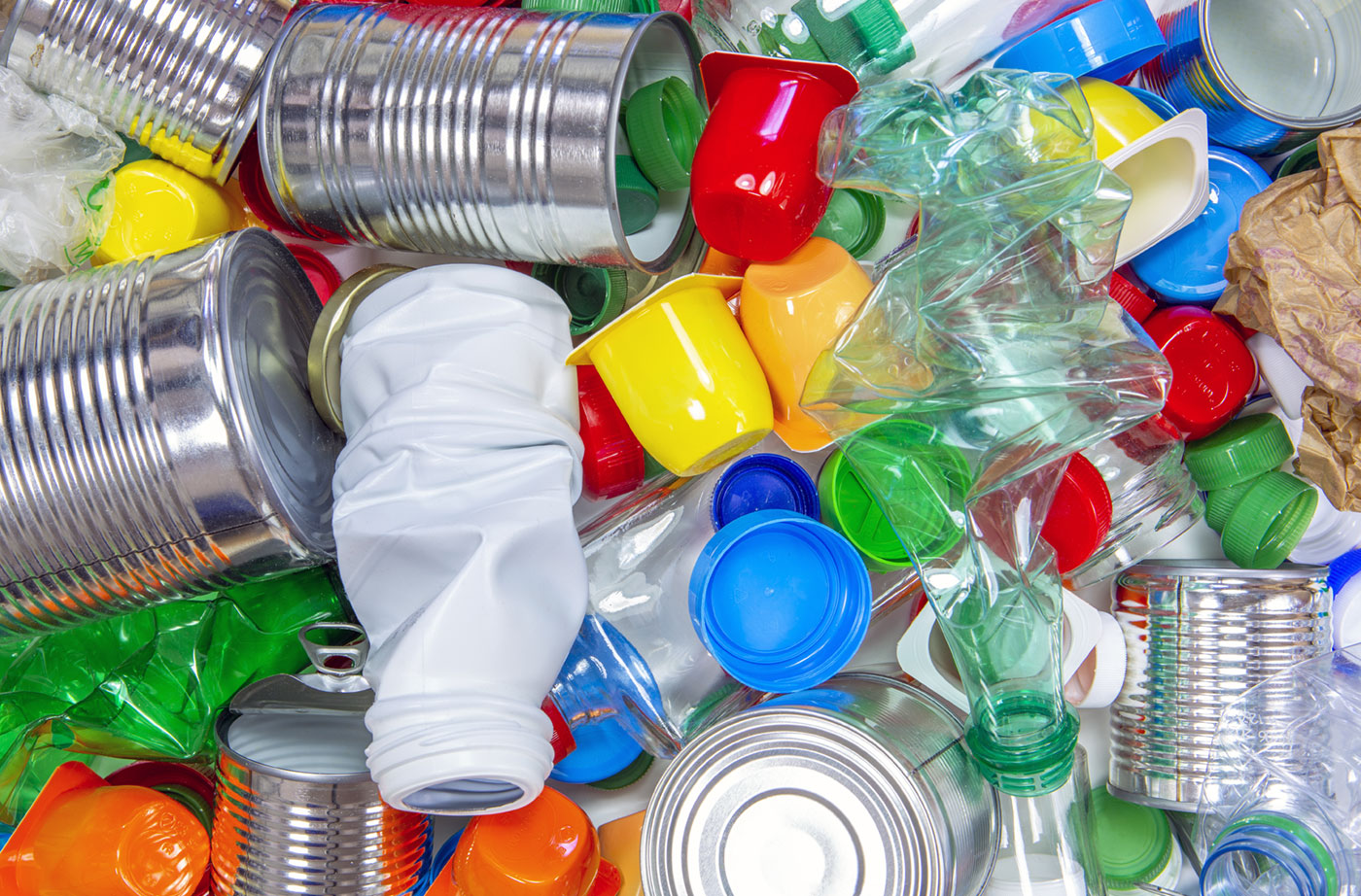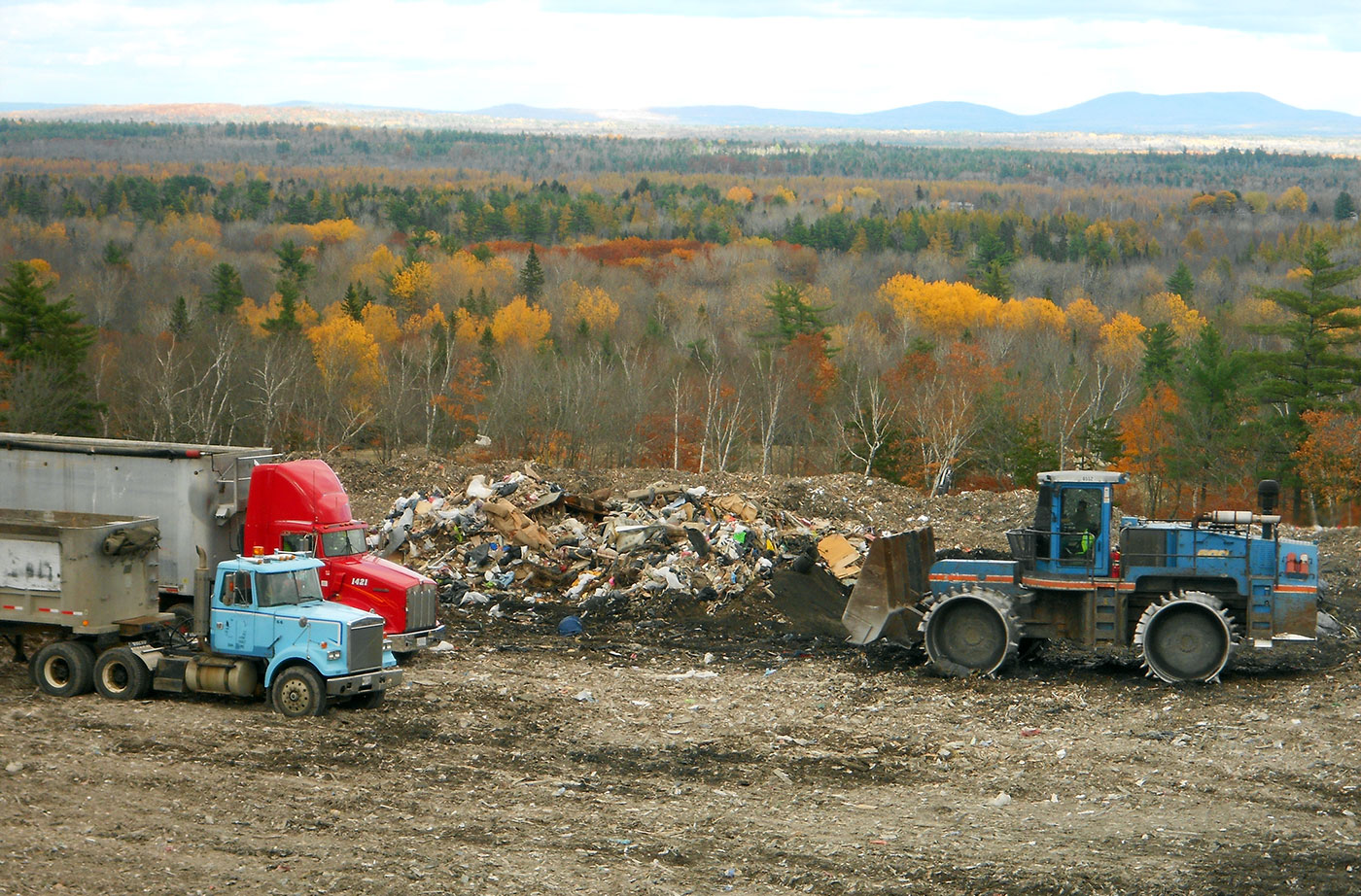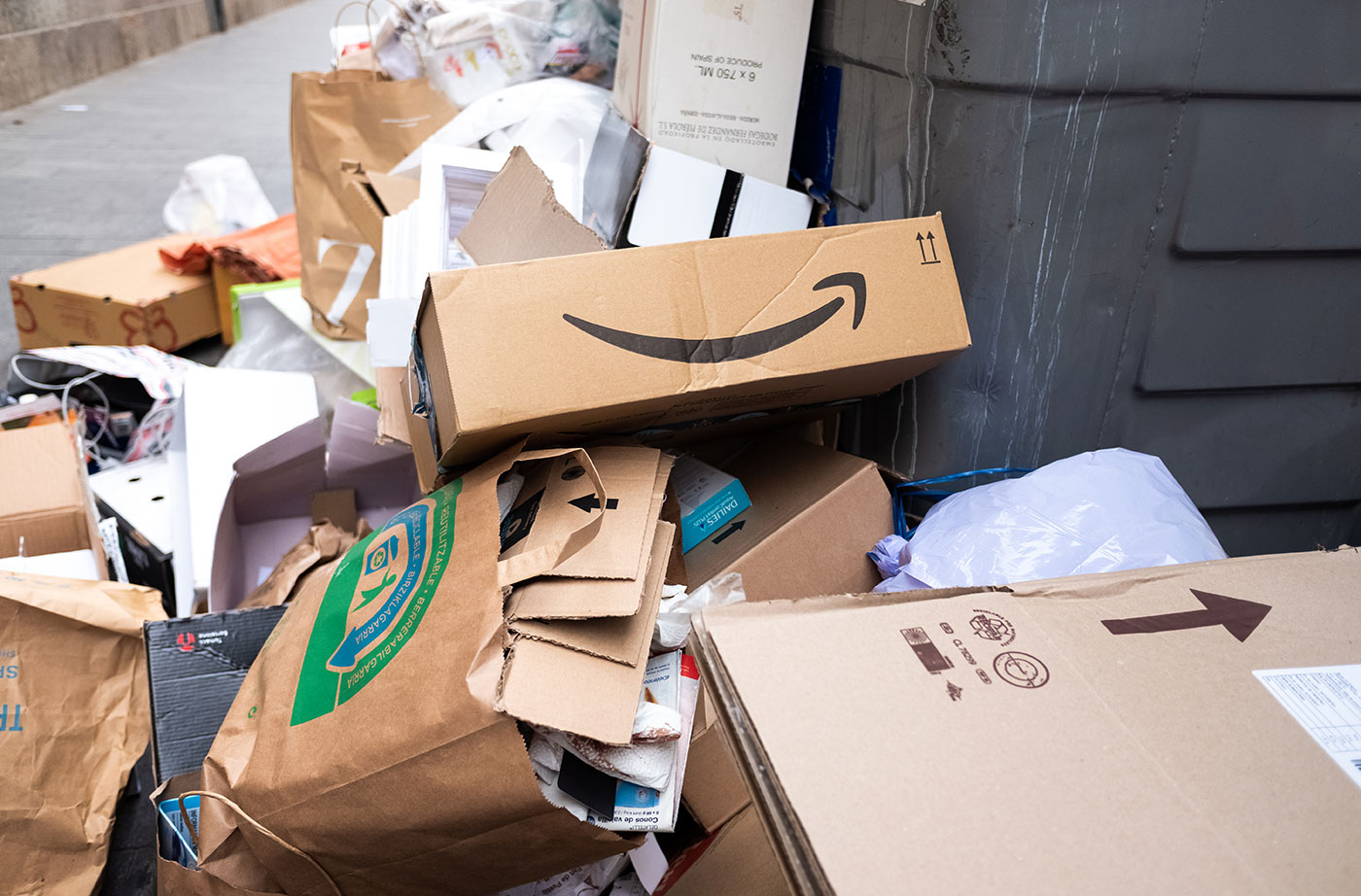News release from NRCM and the Product Stewardship Institute June 11, 2021 (Augusta, ME) — Mainers will be able to dispose of unused medications safely and for free under a bill signed into law by Governor Janet Mills. LD 8, sponsored by Senator Anne Carney and championed by former Senator Geoffrey Gratwick, will establish a network of drug-collection Read More
Recycling and Product Stewardship
Maine has long championed Extended Producer Responsibility (EPR) or "product stewardship" laws because they have proven effective at saving taxpayers money, reducing waste, and protecting our environment. Traditional recycling programs are run and funded by municipal governments. EPR programs shift the costs of dealing with difficult and dangerous items to the corporations and manufacturers who make and sell their products in Maine.
The Truth about Maine’s Extended Producer Responsibility for Packaging Bill
Maine people want to recycle, but it has become too costly and too confusing. This is because much of our packaging waste cannot be easily recycled, and Maine’s municipalities are struggling to foot the bill and must raise taxes to support recycling programs. It’s high time to require the corporate producers of packaging waste—like Amazon, Read More
Support of LD 1541, An Act to Support and Improve Municipal Recycling Programs and Save Taxpayer Money
Senator Brenner, Representative Tucker, and members of the Joint Standing Committee on Environment and Natural Resources, my name is Sarah Nichols, and I am the Sustainable Maine Director for the Natural Resources Council of Maine (NRCM). I appreciate this opportunity to testify in strong support of LD 1541. The language is very similar to LD Read More
Why Consumers Alone Can’t “Fix” Recycling
Are you recycling right? Chances are, not always. If someone asked you today, how confident do you feel that you are recycling correctly? If a recycling expert were to take a look inside your blue bin, would you be nervous? If you’re uncertain about the items you’ve been placing out at the curb, rest assured, Read More
Opposition to LD 1208, An Act To Amend the State’s Electronic Waste Recycling Law
Senator Brenner, Representative Tucker, and members of the Joint Standing Committee on Environment and Natural Resources, my name is Sarah Nichols, and I am the Sustainable Maine Director for the Natural Resources Council of Maine (NRCM). I appreciate this opportunity to speak to you in opposition to LD 1208. We oppose this bill because it Read More
It’s Time to Make Recycling Work for Maine’s Taxpayers and the Environment
As a Maine business focused on waste reduction, we hear first-hand from Maine residents who are frustrated by overly packaged products. Consumers are told to reduce their waste, but rarely are low- and no-waste options available to them on the shelves. At Go Go Refill, we’re changing that because we believe low-waste options should be available Read More
Top 5 Take-Aways from Maine’s Latest Waste and Recycling Report
The Sustainable Maine team at the Natural Resources Council of Maine (NRCM) is laser-focused on three bills that will make a huge difference in addressing serious problems and troubling trends with our recycling and landfilling system. Maine people want to do the right thing for the environment, but we need better policies in place if Read More
Why You Should Care about Landfills
There’s a hidden climate villain in Maine that you might not know about, and it’s where about 75% of our total waste goes. According to the U.S. EPA, landfills are the third-largest source of human-related methane emissions in the United States.[1] Pound for pound, methane has about 30 times more atmospheric heat-trapping capability than carbon Read More
Four Ways to Improve Our Worsening Waste and Recycling Crisis
Even eternally optimistic people struggle to remain positive sometimes. I know because I am one of them. And as someone who has thought about recycling and waste policy daily for the past decade, my positivity has never had a greater test than in 2020. Most people understand that reducing waste and recycling is an environmentally Read More







